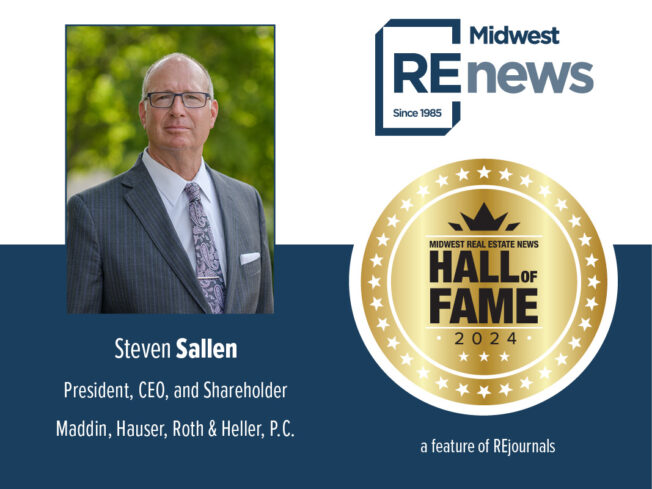R
ich Barton, co-founder of Zillow and Expedia, credits a challenge from early investor Bill Gurley for sparking the company's creative approach to marketing. Without a budget, they had to rely on their product to generate buzz. This led them to focus on building features that would create a stir, like the "Zestimate" home estimate tool, which drew over 1 million visitors in its first three days and crashed the site.
Barton has since developed a strategy he calls "provocation marketing," where the product itself becomes the main driver of interest. He cites Glassdoor as another example, where they tackled sensitive topics like salaries to create a provocative yet valuable service.
The key is finding a balance between sparking conversation and offending consumers. Barton emphasizes that provocation should be done with the end user's best interests in mind, aiming for a reaction that feels good or entertaining rather than scary or off-putting. This approach has been a winning formula for Zillow, and Barton believes it can work for other companies on tight budgets as well.
By feeding an "endless appetite" for data, Zillow built a valuable service that attracted attention without spending ad money. The company's early days in Seattle were marked by creative problem-solving, and their approach to marketing has been influential in the industry.














